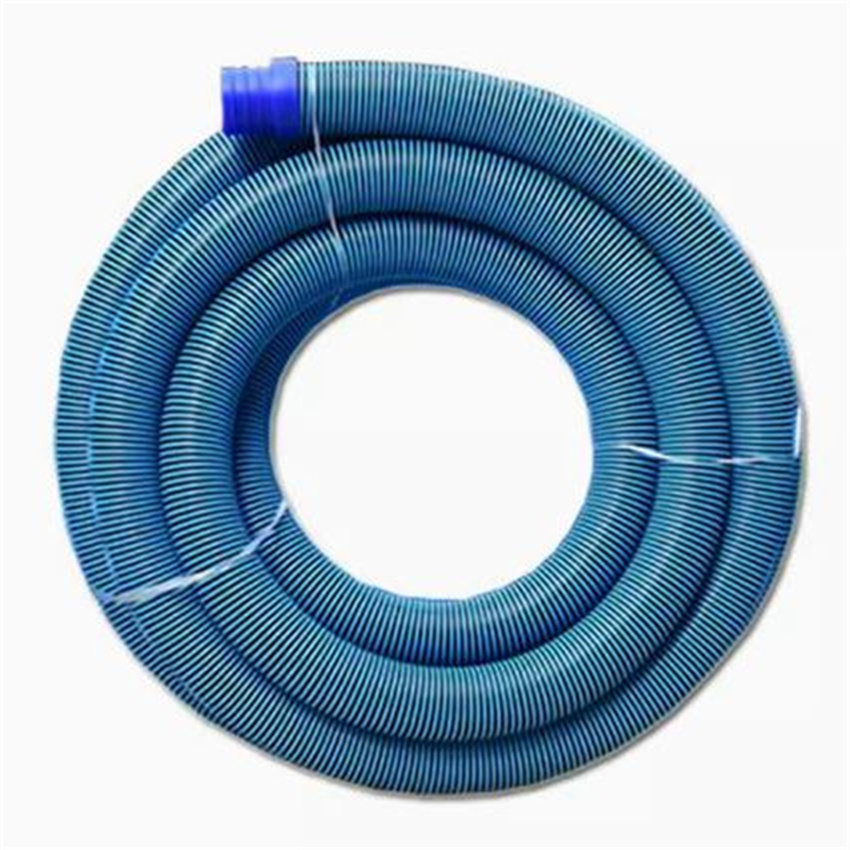Innovative Solutions for Efficient Flat Irrigation Hose Systems in Agriculture
The Benefits of Lay Flat Irrigation Hose in Modern Agriculture
In the ever-evolving landscape of agriculture, efficient irrigation systems have become paramount in ensuring optimal crop yields. One of the innovations that have gained significant traction in recent years is the lay flat irrigation hose. This versatile tool is revolutionizing the way farmers approach irrigation, providing both efficiency and cost-effectiveness.
What is Lay Flat Irrigation Hose?
Lay flat irrigation hose is a flexible, lightweight, and durable hose designed for transporting water directly to crops. It gets its name from its ability to lay flat on the ground, making it easy to install, transport, and store. Unlike traditional rigid or heavy hoses, lay flat hoses can be easily rolled up and stored when not in use, reducing space requirements and simplifying maintenance.
Key Advantages
1. Ease of Installation One of the primary benefits of using lay flat irrigation hoses is their ease of installation. Farmers no longer need extensive plumbing or labor-intensive setups to get their irrigation systems running. The lightweight nature of these hoses allows for quick deployment, meaning that crops can be irrigated promptly, even during peak growing seasons.
2. Cost-Effective Lay flat hoses are often a more economical choice compared to other irrigation systems. Their materials are typically less expensive, and the reduced labor requirements can lead to significant cost savings. Additionally, these hoses can be utilized across various crops and terrains, making them a versatile investment for farmers.
lay flat irrigation hose

3. Uniform Water Distribution Proper irrigation relies heavily on uniform water distribution. Lay flat hoses are designed to deliver water evenly across the entire length of the hose. This ensures that every plant receives the necessary moisture, which promotes healthier growth and results in higher yields. Improved water management also helps conserve resources, addressing one of agriculture's biggest challenges water scarcity.
4. Reduced Soil Compaction Traditional irrigation methods can sometimes lead to soil compaction, which negatively affects root growth and crop health. The design of lay flat hoses minimizes the impact on soil structure, allowing for better root penetration and enhancing nutrient absorption. Consequently, this leads to more vigorous plant growth.
5. Adaptability Lay flat irrigation hoses can be easily adapted to various irrigation methods, such as surface, subsurface, or deep irrigation. This adaptability makes them suitable for different types of crops and soil conditions. Farmers can utilize them in various configurations, catering to their specific irrigation needs without requiring significant modifications to their existing systems.
6. Durability Despite their lightweight nature, lay flat hoses are made from high-quality materials that ensure durability and longevity. Designed to withstand harsh weather conditions and potential physical damages, these hoses can endure the rigors of agricultural life, offering long-term performance without frequent replacements.
Conclusion
In summary, lay flat irrigation hoses present a modern solution to the challenges faced by contemporary agriculture. With their ease of installation, cost-effectiveness, uniform water distribution, and adaptability, they are proving to be invaluable tools for farmers looking to maximize their efficiency and output. As the global demand for food continues to rise, adopting advanced irrigation systems like lay flat hoses will be crucial in fostering sustainable agricultural practices and ensuring food security for future generations. Embracing these innovations not only benefits farmers today but also sets the stage for a more resilient agricultural framework in the years to come.
-
Welded Wire Mesh Panel: Durable, Versatile, and AffordableNewsJul.28,2025
-
Top Quality Oxy Acetylene Hoses for Sale Fit for Welding DemandsNewsJul.28,2025
-
The Future of Pneumatic Air Tubes in IndustryNewsJul.28,2025
-
Superior and Reliable LPG Hose Pipe Solutions for Every NeedNewsJul.28,2025
-
Exceptionally Durable and Versatile Premium Braided PVC TubingNewsJul.28,2025
-
Best Adapters for Connecting Garden Hose to PVC Pipe ConnectionsNewsJul.28,2025














